Kenyan Women Turn to Water Vending to Meet Urban Demand for Clean Water
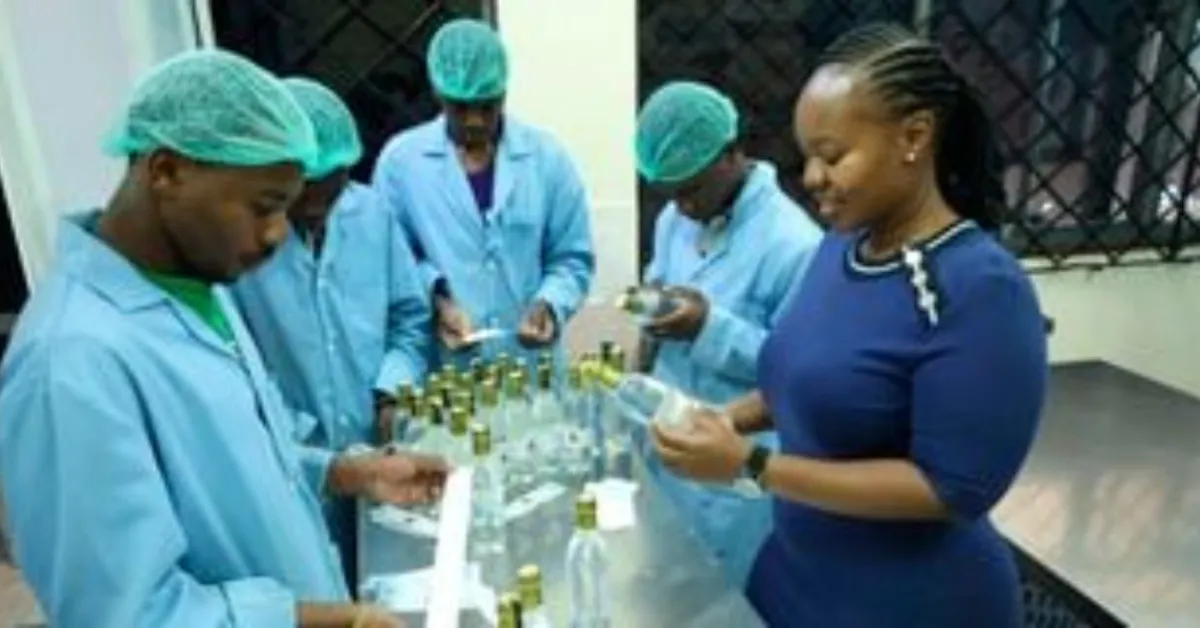
Two Kenyan women, Jackline Moraa and Ann Keziah, have successfully established water vending businesses, responding to growing demand for clean drinking water in urban and peri-urban areas.
Jackline Moraa turned to water vending after the COVID-19 pandemic brought her 16-year hospitality career to an abrupt end. Previously engaged in hydroponic farming as a side business, she explored various options, including fitness, education, and consumer goods, before settling on water distribution. Her decision was based on the consistent demand for clean water and the supply challenges faced by many parts of Nairobi.
With an initial investment of Sh1.6 million sourced from personal savings and loans, Moraa founded Waji Drinking Water Company under Buyaki Enterprises. She began operations in a 600-square-foot space in Westlands, Nairobi, equipping the facility with purification systems and delivery vehicles including a motorbike and a tuk-tuk.
Within two years, the company expanded to serve clients in Kiambu, Machakos, Kajiado, Kitui, and Nakuru counties, increasing daily production to 20,000 litres. This growth necessitated a move to a larger premises. Moraa reinvests 70 percent of her profits back into the business, a strategy she credits for the company’s steady expansion.
Her customer base includes households, hotels, and corporate offices. The company has also grown its workforce from five to 30 permanent employees. One of the key challenges she faces is the limited availability of environmentally friendly packaging materials in Kenya. This has prompted her to explore alternatives such as glass and biodegradable bottles to address environmental concerns.
In Thika, Ann Keziah made a similar transition from running a café to launching her own water purification and vending business. She invested Sh1.3 million in savings to set up a compact purification unit in a 15-by-8-foot space. Starting with a daily output of 300 to 800 litres, the business has since scaled up to over 2,000 litres per day, supported by a small team and additional contract riders during peak periods.
Keziah finds water vending less demanding than the restaurant industry but notes that high electricity costs remain a major operational challenge. Water purification involves multiple steps, such as coarse and fine filtration, sedimentation, chemical disinfection, and advanced treatments like ultraviolet sterilisation and reverse osmosis, to ensure water safety and quality. These processes are energy-intensive, contributing significantly to operating expenses.
After a difficult four-month start-up period, Keziah’s business began turning a profit, earning between Sh3,000 and Sh6,000 per month. She reports that her initial capital investment was fully recovered within a year.

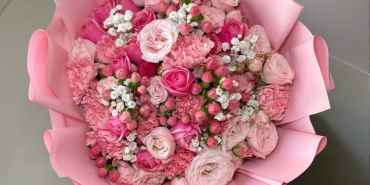
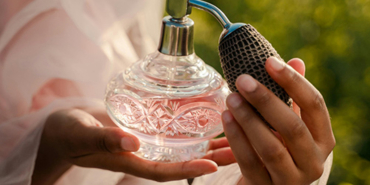


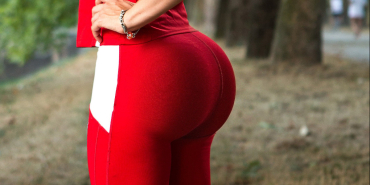
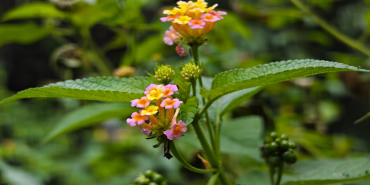

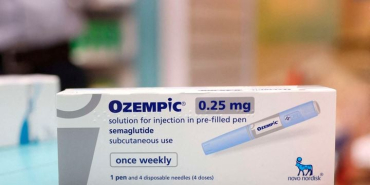





Add new comment